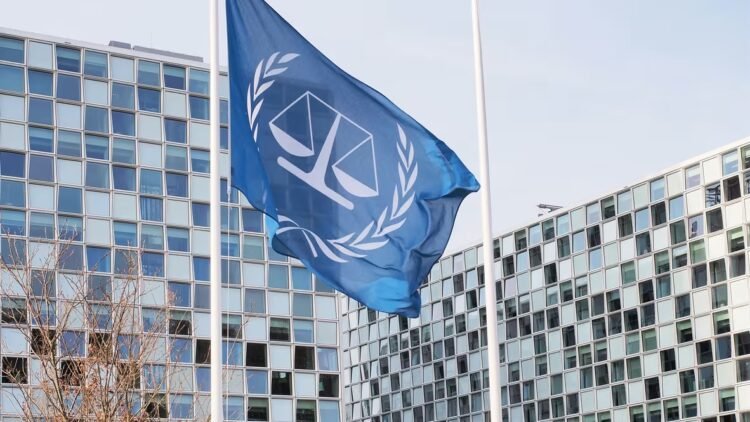WASHINGTON — Former U.S. President Donald Trump has signed an executive order imposing sanctions on the International Criminal Court (ICC) in response to its investigation of Israel, a key U.S. ally.
The move follows the ICC’s recent issuance of an arrest warrant for Israeli Prime Minister Benjamin Netanyahu, citing alleged war crimes related to Israel’s military actions in Gaza following the Hamas attack in October 2023. The Israeli offensive has resulted in the deaths of tens of thousands of Palestinians, including children.
Trump’s executive order condemns the ICC for what it describes as “illegitimate and unfounded actions targeting the United States and Israel,” accusing the court of exceeding its jurisdiction and setting a “dangerous precedent.”
“The ICC has no authority over the United States or Israel,” the order states, warning of “severe consequences” for those responsible for what it calls judicial overreach. The sanctions include freezing assets, restricting travel for ICC officials and their families, and barring their entry into the U.S.
The decision was announced while Netanyahu was in Washington, where he met with Trump at the White House and later held discussions with members of Congress.
Backlash and Legal Concerns
Critics argue that sanctioning ICC officials undermines international justice efforts. Human rights organizations warn that such measures could discourage accountability for war crimes worldwide.
“Victims of human rights violations often rely on the ICC for justice when no other legal avenues exist,” said Charlie Hogle of the American Civil Liberties Union. He also raised concerns about the order’s impact on free speech, noting that it could penalize individuals in the U.S. who support ICC investigations.
Sarah Yager, Washington director at Human Rights Watch, condemned the order, stating, “Disagreeing with the court’s decisions is one thing, but attempting to cripple it through sanctions is extreme.”
U.S. and ICC Relations
Neither the U.S. nor Israel is a member of the ICC. Washington has historically been wary of the court, fearing that it could be used to prosecute American officials arbitrarily. A 2002 law even authorizes military action to free any U.S. citizen or ally detained by the ICC.
Trump had previously sanctioned former ICC prosecutor Fatou Bensouda over her investigation into alleged war crimes in Afghanistan. However, President Joe Biden later lifted those sanctions and engaged in limited cooperation with the court, particularly after it issued an arrest warrant for Russian President Vladimir Putin over war crimes in Ukraine.
Republican Senator Lindsey Graham, who once supported ICC actions against Russia, has since turned against the court over its move against Israel. “This is a rogue institution,” Graham stated, vowing to take action against any country that attempts to enforce Netanyahu’s arrest warrant.
Biden has also denounced the ICC’s decision, calling the warrants “outrageous.”
International Reaction
The sanctions could significantly impact the ICC, limiting its ability to conduct investigations and hampering its access to key technology for evidence collection. The court has already faced security challenges, including a cyberattack last year that disrupted operations.
European nations have begun pushing back against Washington’s stance. The Netherlands, home to the ICC, has urged its fellow court members to resist potential U.S. sanctions and ensure the tribunal can continue its work.
As tensions between Washington and The Hague escalate, the fate of the ICC’s investigation remains uncertain, but Trump’s latest move signals a firm U.S. stance against what it sees as judicial overreach targeting its allies.

 English
English



























































